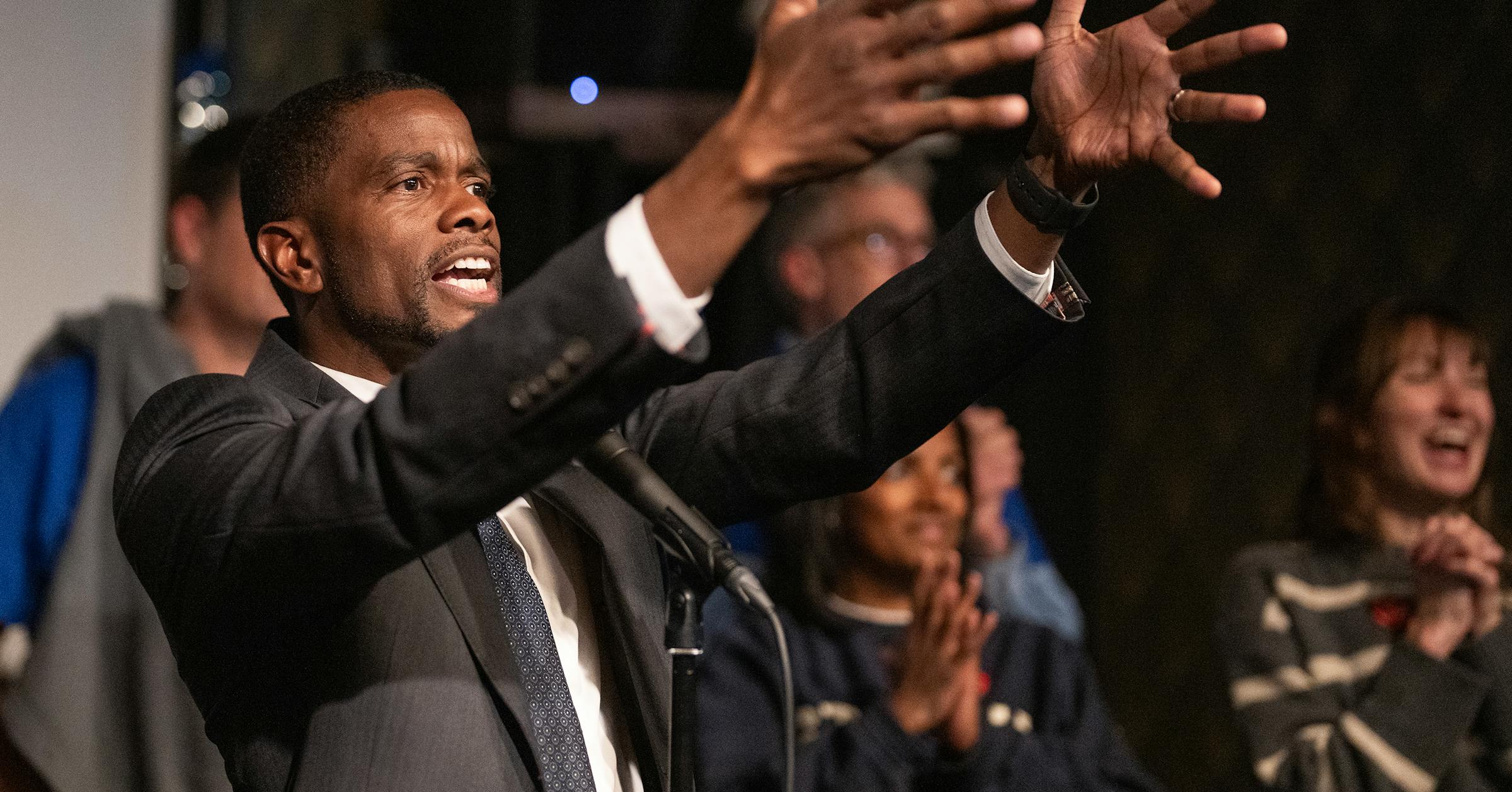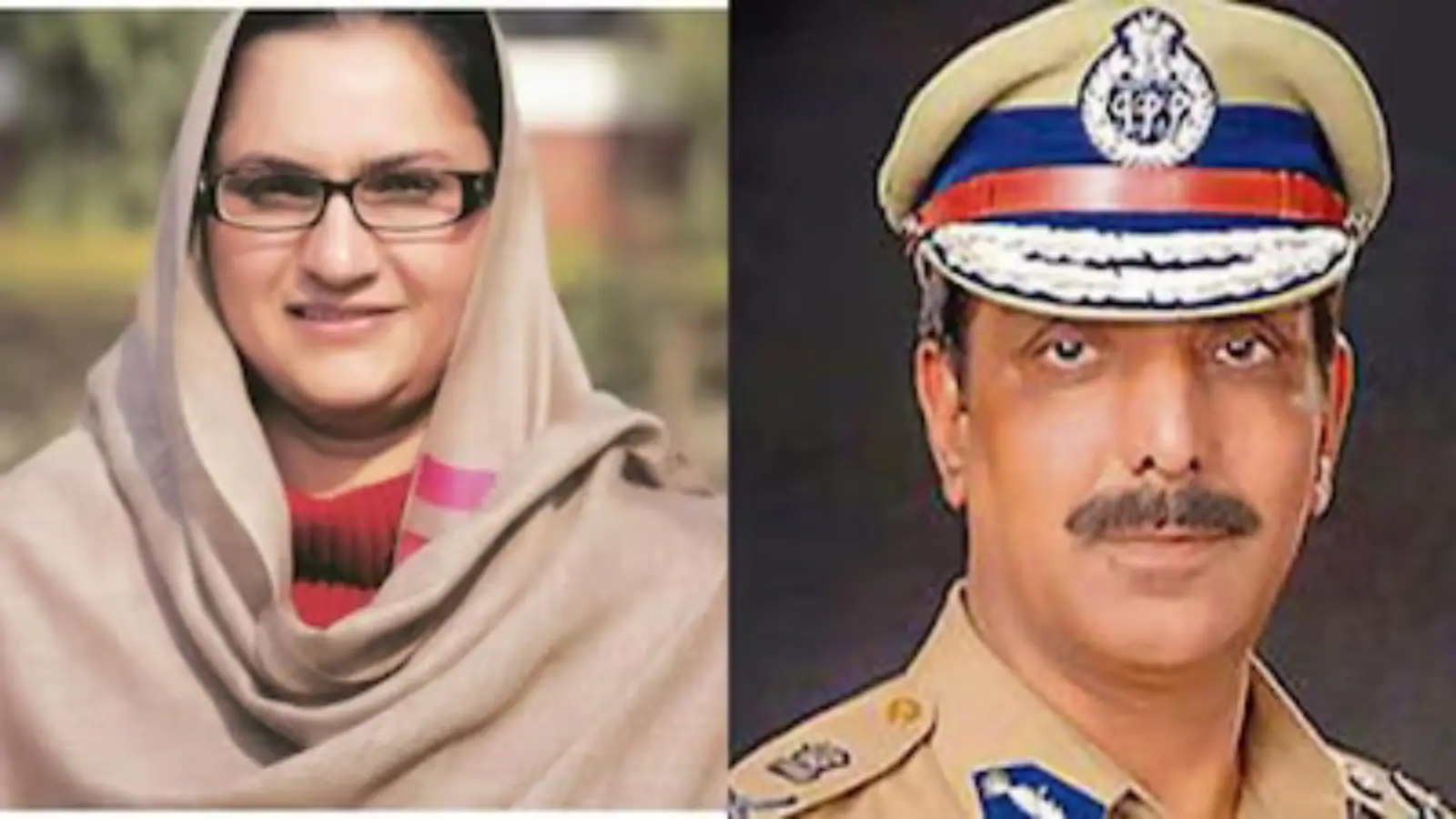Copyright Star Tribune

“At some point, it becomes time to pass the baton,” Carter told his teary supporters as he conceded the mayoral election to state Rep. Kaohly Her. He was a two-term mayor who’d given his opponent her first job in politics. The voters he served in the city he loved had voted him out, and it must have hurt. “I am going to ask all of you, in just the same way that you’ve helped me out, in just the way you’ve supported me,” Carter told the crowd that had waited with him on election night, “to do that exact same thing for Representative Her as she takes this baton and charges forward on behalf of us.” When America voted President Donald Trump out of office in 2020, he declared the election rigged, summoned a mob on Jan. 6, 2021 and instructed them to march on the Capitol, where lawmakers were about to certify the results of the election he lost. “We fight like hell,” he told his supporters. “And if you don’t fight like hell, you’re not going to have a country anymore.” The mob stormed the Capitol, battered police bloody, smeared the walls with feces, hung nooses from the trees and ran through the halls, searching for lawmakers. A week later, the U.S. House impeached Trump — again — for inciting an insurrection. On Tuesday, as Trump’s endorsed candidates lost election after election across the country, the president ranted in all caps on social media and threatened to cut off funds to New York City if voters elected the wrong mayor. Zohran Mamdani won anyway. Carter did not storm or scream or lie that the race must have been rigged. He accepted the voters’ choice with grace and gratitude and unstinting support for the new mayor-elect. “We have to do what we’ve done from the beginning, and that’s trust this city,” Carter said, after thanking his family and staff and congratulating Her — the first woman and first Hmong immigrant elected to serve as mayor of St. Paul. He and his team, he pledged, would be there to “set Her up for success.”



